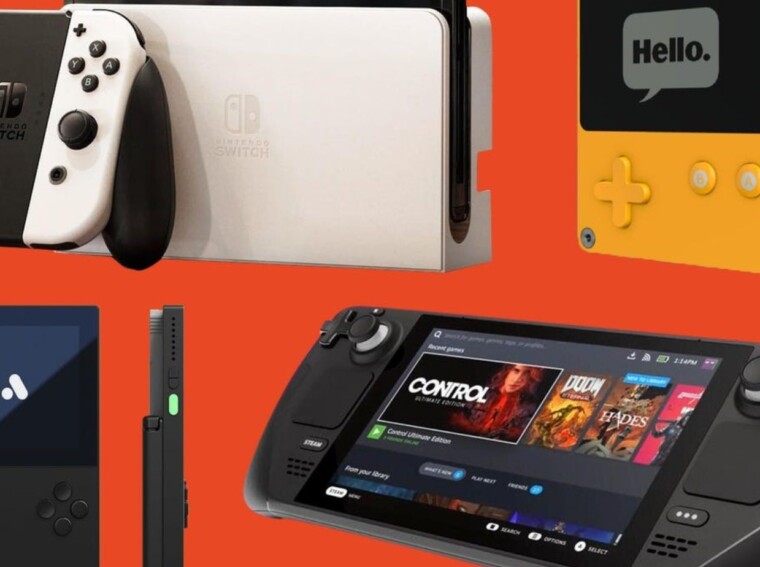Mobile by some margin is the biggest gaming platform in the world, it is expected there will be nearly two billion active mobile gamers by 2027 meaning an expected 1 in 4 people on the planet will take part in some form of gaming on mobile.
With these numbers in mind, mobile has taken over what used to be portable gaming platforms and has also led to a wider number of genres that players can enjoy on these platforms too. Although mobile has become so large, there’s still a huge desire for players to enjoy more complex titles that mobile isn’t yet capable of handling, and leaves the door open for portable gaming platforms to succeed.
More than ever, this is seen in platforms like the Nintendo Switch, one of the best-selling consoles of all time and the first thing players think about when portable gaming comes to mind. As home to a number of big Nintendo exclusives, with the two newest entries into the Legend of Zelda series coming to the top of many lists, it shows that these styles of games are still highly sought after by gamers and something needed whilst that gap still exists on mobile devices.
Some of the success could partly come from the IP; Legend of Zelda, after all, is one of the most recognizable franchises in all of gaming, but the portable nature combined with the complexity of these games certainly can’t be overlooked either, and as of yet isn’t something that can be easily replicated on mobile.

Similarly, handheld PCs have become another trend with the Steam Deck and ASUS Rog Ally having transformed this space too, linking directly to major games catalogs; it provides an opportunity for players to take games typically reserved for consoles and PC’s and allows them to be played in a more portable fashion. These devices are much more powerful than the Switch but are also bigger and bulkier to compensate for that, so whilst still portable, they are on the more demanding end of portable.
Whilst nothing has been confirmed, there have long been rumors of a new Nintendo Switch to replace the old, which was underpowered even when released, and the success of the Steam Deck can’t be overlooked either as a potential game changer in the market as a handheld PC’s may have the potential to be the new name in portable gaming.

Studios will also have a role to play in this change; it takes time for the most to be pulled out of different hardware as gaming platforms find their most complex releases at the end of the life span rather than at the beginning; this is often seen with consoles as the biggest games coming towards the end of the decade long life span, but pushing the boundaries and delivering exciting game titles is also part of the equation and major and indie studios alike will need to be armed and ready to push portable gaming forward.
For the time being, mobile will remain the home for portable gaming; it has a huge number of wide-reaching genres that aren’t able to find a home on other platforms; more unique offerings in gaming like sportsbooks and online casinos like these, for example can only really succeed on mobile, similarly certain esports have found a huge mobile market after falling short on PC and console. Either way, it’s a very exciting time for platforms like mobile in particular, but it allows for a lot of flexibility for other platforms to make a new home, too.


